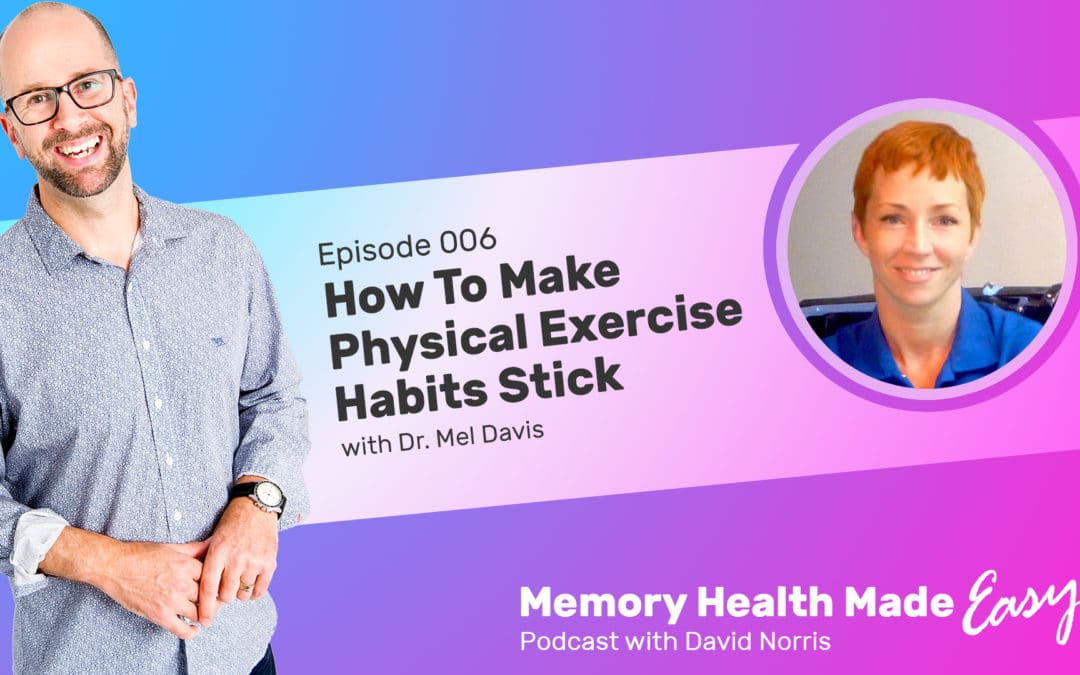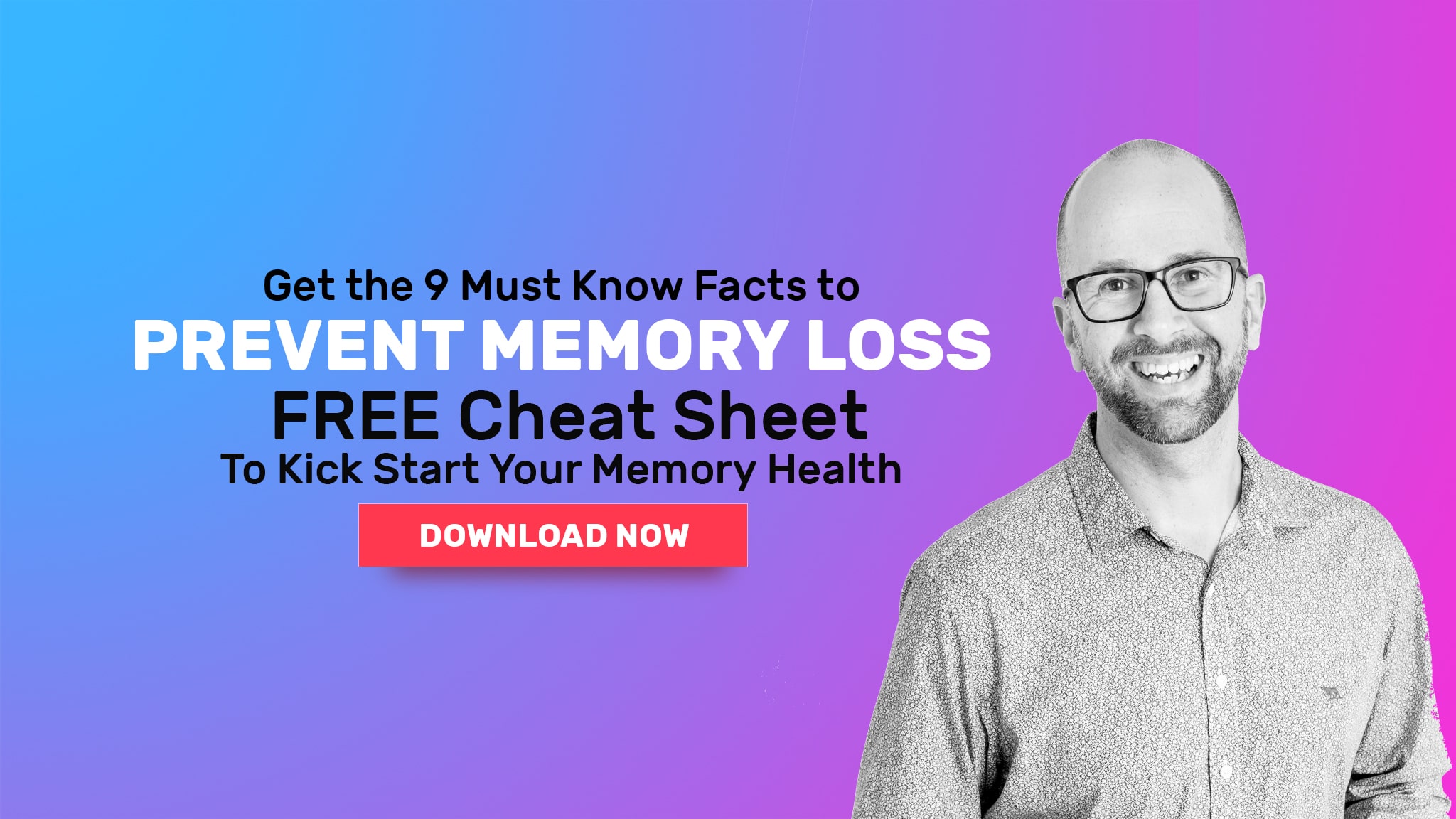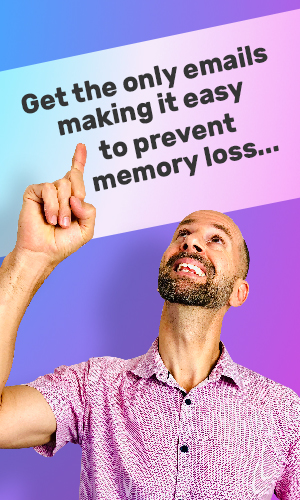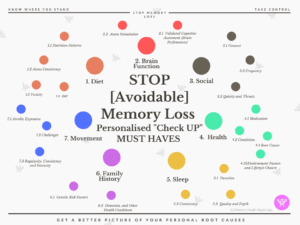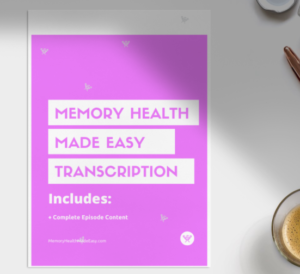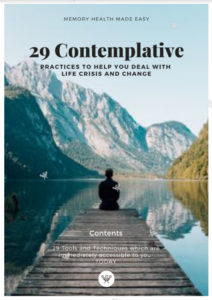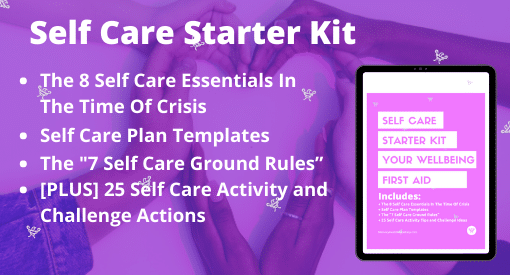iTunes | Google Play | Libsyn | Spotify | Stitcher | TuneIn Radio | YouTube | Twitter | Facebook
Bonus Material: 9 Things Your Brain Needs to Thrive Cheatsheet
How To Crack The New Habit Code Using Brain Science
Here’s How to Make New Habits Stick with Dr Melissa Davis
If you’ve ever failed to make a new habit stick, you’re soooo not alone on this one. New Year Habits – Schmabbits, that almost sounds like rabbits and they act like it, right?
Start off bouncing with energy, follow a path, get distracted with other greener, juicer patches, wanders off and all of a sudden it’s breeding new ideas, guilt and all sorts of other charged up ideas about WHY it didn’t work.
Well enough already!
Don’t get me wrong, the new year ( or any other calamitous moment < BIG Health Event> in life) is the trigger for many people, maybe like you, to focus on what’s important, what you want. It revs the engine of possibility and hope so…. you set a plan, you get the gear, get the stuff to make it happen, you prioritise your focus and energy, you start.
But, life gets in the way right?
Yep, more likely than not, we end up forgetting about it or giving up on it. BUT, why does it work for some and not others. …I’ve often stared at the white wall and grabbed another Tim Tam and thought “Is there something wrong with me?”
Maybe I’m not dedicated enough, maybe I’m not motivated, maybe I’m not…
Sure, it takes dedication and commitment to form a new habit. There’s also a lot we can learn from neuroscience on how you can crack the new habit code.
OK, time to put the Tim Tam down and turn it up because we’re joined by Dr Melissa Davis of Renaissance Periodization. Dr Mel is World Champion martial artist, doctor of neuroscience and behaviour change coach.
Martial Artist Champion + Dr of Neuroscience + Behaviour Change = Knockout Habit Show
Exercise is no doubt a massive pillar to better brain health and Dr Mel offers up a recipe for achieving your goals. In the show, you’ll learn about
- What exercise does and why it’s an important life factor at any age – yes any age!
- The strategies and methods based in neuroscience you can use to make a physical exercise habit stick.
- Dr Mel shines a light on the big blockers to your success and what to do about them.
- How to pierce the veil on published information to see if it really does work and is it worth your time, energy and very likely dollars
- Dr Mel also busts a few nutrition myths along the way
To Grow Your Brain Skills To Their Potential You Need These 9 Things In Your Life
Today’s show will help you kick down the doors, throw old habits on the tatami mat and tighten your hold on what you really want.
Here’s to forming memory health habits that stick!
Listen To The Podcast Now.
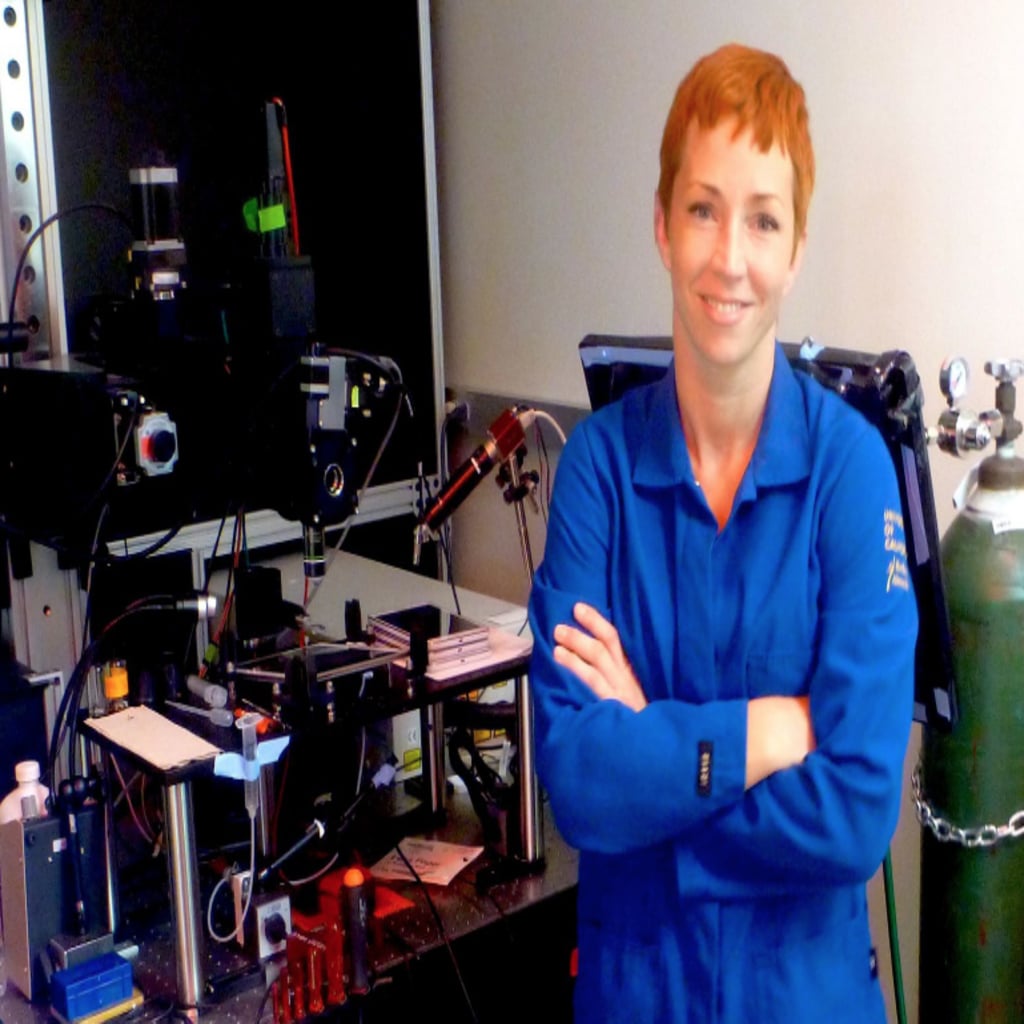
About Our Guest
Dr Melissa Davis has ten years of research experience in neurobiology, with her works featured in Scientific American. She is a lifelong Brazilian Jiu-Jitsu athlete and scholar, who has represented the United States in international Abu Dhabi World Pro Competition. She specializes in helping clients utilize tools in losing weight, gaining muscle, and performing.
Make Your Physical Exercise Habits Stick
Understanding the Brain
- There is a lot of information in classes and in scientific papers that are not accessible to people because they haven’t been trained to read papers.
- Reading a science paper takes training to understand the statistics and jargon.
The Role of Exercise in Longevity
- With retained muscle mass longer into old age, you get fewer chances of injuries that may lead to death or dependence on others.
- Through exercise, you get better cognitive function for a longer time.
- It increases the quality of life.
Why Don’t Our Exercise Behaviors Stick?
- What you want to do differs from what you’re used to doing.
- The new year’s resolution effect: People want to make a massive change all at once.
- The biggest mistake is wanting a fast process and fast results.
Navigating the Space
- Forming a habit, or breaking away from it takes one step at a time—it takes time, work, and dedicated effort.
- Reward yourself for even the smallest achievement.
The Guilt Realm
- Give yourself credit for making little changes. Don’t beat yourself up for not being perfect.
- Taking responsibility for your failures prevents the external locus of control that takes away your capability to make a change.
Engineer Success: 4 Tips To Make Your Habits Stick
- Take it in small steps. Start with three or four days a week, and then eventually every other day.
- Tie the habit with an activity that already exists in your lifestyle and schedule.
- Track what’s gotten in your way this week and strategise how you will solve it for the next week.
- It’s just a matter of finding ways to trick ourselves into doing it, sticking with it, monitoring how often we’re doing it, and continuing to improve.
Reward yourself for even the smallest achievement. Click To Tweet
The Importance of Social Support
- Twofold benefit: It’s not only helpful for achieving goals, but it’s also helpful for mood and longevity.
Resistance Training and Nutrition
- Protein supports growth, and it also supports a better quality of life.
- Exercise, including resistance training, decreases the chances of developing cancer, according to the American Statistical Association.
- Anything where your muscles are contracting against resistance, is resistance training.
- Resistance training might be different from person to person depending on how long they’ve been training and the physical state in which they’re starting.
Resources
Articles
- Yuan et al, (2012) An enriched environment improves cognitive performance in mice from the senescence-accelerated prone mouse 8 strain Role of upregulated neurotrophic factor expression in the hippocampus: https://www.ncbi.nlm.nih.gov/pmc/articles/PMC4302529/
- Griñán-Ferré, et al, (2018). Environmental Enrichment Improves Cognitive Deficits, AD Hallmarks and Epigenetic Alterations Presented in 5xFAD Mouse Model https://www.ncbi.nlm.nih.gov/pmc/articles/PMC6104164/
- Vanessa Doulames, Sangmook Lee & Thomas B. Shea (2014) Environmental enrichment and social interaction improve cognitive function and decrease reactive oxidative species in normal adult mice, International Journal of Neuroscience, 124:5, 369-376, DOI: 10.3109/00207454.2013.84844
3 Resources to Help You Read a Scientific Paper
- Infographic: How to read a scientific paper by Natalia Rodriguez on Elsevier
- An easy read introduction: how to read a scientific paper from Science Buddies
- How to Read and Understand a Scientific Paper: A Step-by-Step Guide for Non-Scientists by Jennifer Raff on HuffPost
Books
- Atomic Habits by James Clear
- The RP Diet For Endurance by Dr Alex Harrison, Michelle Hower, and Dr Melissa Davis
Supplementary Materials
You can reach out to Dr Mel by sending an email to the Renaissance Periodization website. You may also connect with her on Instagram. Check out Dr Mel’s comprehensive review of the Game Changers documentary.
Enjoy The Podcast?
If it’s a “Oh Yes I did David!” Then please, do yourself a huge favour and subscribe to the podcast.
5 Star Review Worthy? If it is we’d love your review. It really does go a long way to help us reach and serve more people.
Do you want to help other people prevent avoidable memory loss? Yes? One simple way is to share what you’ve learned today.
Here’s How: Take a screenshot of the podcast, post it on social media, make a comment and link to the show, is one, very easy way to help cement your learning and brings you closer to action as well as gifting to others the seeds of better memory health!
FREE Guide To Help Prevent Memory Loss
Grab a free copy of the 9 Principles for Memory Health For Life CLICK HERE. A simple framework to reduce your risk for memory loss. Go on, what have you got to lose?
Of course you can reach me, David Norris, here on the website and connect with me on LinkedIn or Twitter.
To better memory health,
David
P.S. Did you get the free guide? If not here’s the link.
Disclaimer: The purpose of Memory Health Made Easy Podcast is to educate and to inform. It is no substitute for professional care by a doctor or qualified professional. This podcast is provided on understanding that it does not constitute medical or personal professional advice or services. Instead, we would encourage you to discuss your options with a health care provider who specialises in your particular needs.

